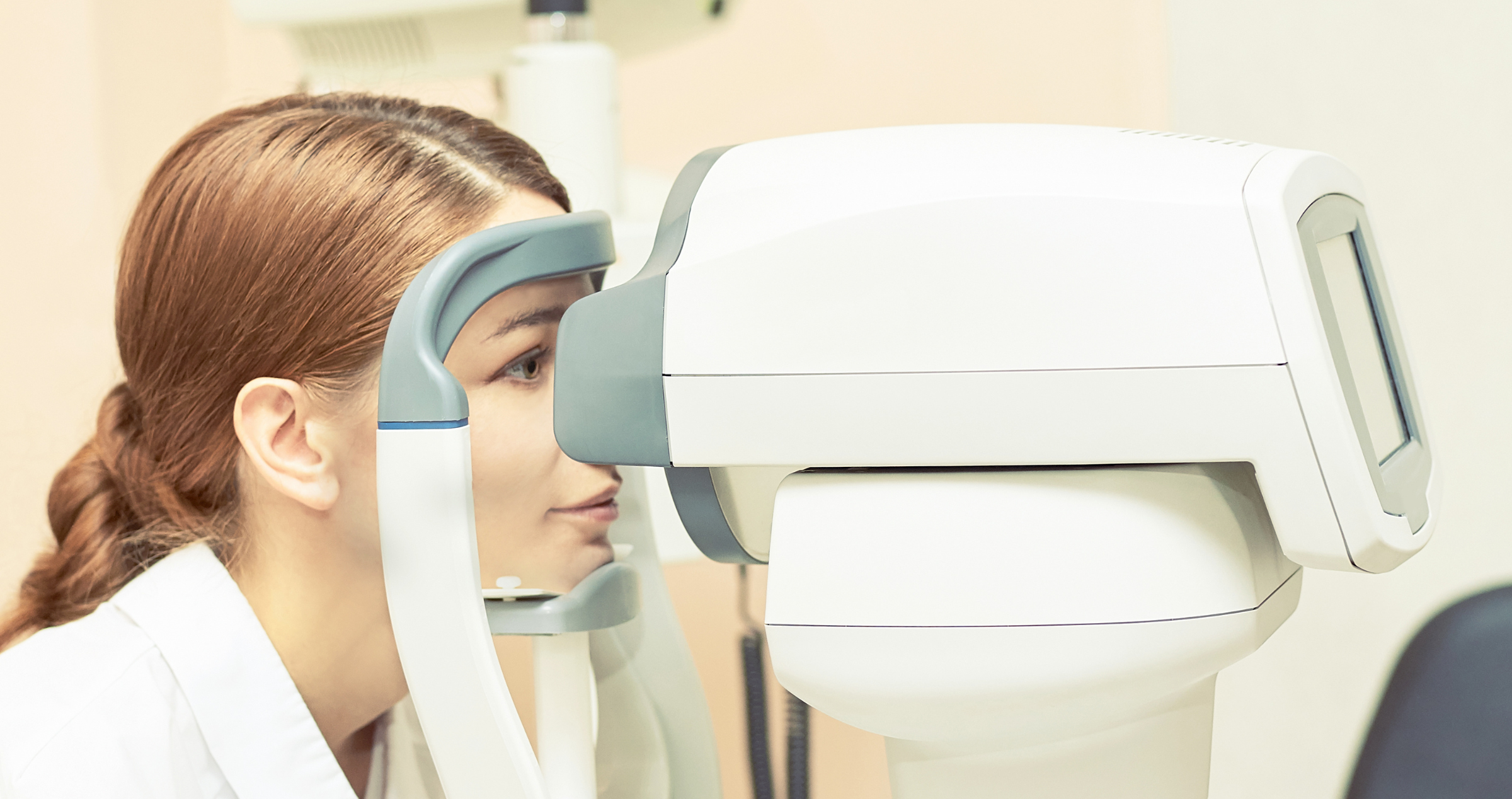Share
Glaucoma is a lifelong condition. Early detection by an eye health professional is important, as any loss of vision is often irreversible. Once diagnosed, it is important that you keep up with the regular eye health appointments recommended by your optometrist or ophthalmologist. This ongoing monitoring is essential to catch any changes in your vision and ensure your treatment is as effective as possible. Most changes related to glaucoma don’t have any symptoms, so while it’s unlikely you will notice anything, small variances can be picked up with a visit to your eye care professional and treated early, which will protect your sight.

Monitoring your treatment
Even if you have already commenced treatment for your glaucoma, your prognosis may still change over time. The purpose of glaucoma treatment is to adequately lower your eye pressure, however, even treatments that have been working for you for many years may not be effective forever. That’s why your treatment plan needs to be monitored by your ophthalmologist or optometrist. In certain instances, this may mean adjusting and changing things as your condition requires.
Routine follow-up appointments
Visiting your local optometrist for regular eye tests will allow early detection of glaucoma, and referral to an ophthalmologist for a treatment plan is an essential component in actively managing your glaucoma. Optometrists are primary eye care providers who can perform pressure checks and assess your peripheral vision and optic nerve to detect any changes early. Attending follow-up appointments also gives your eye health professional the chance to tell you about new and emerging forms of glaucoma treatment options and a referral to a specialist for an ophthalmic assessment and further treatment options.
Co-care between optometrists, ophthalmologists and your GP
Fortunately, there is a network of readily accessible community healthcare professionals who work together to help you monitor and manage your glaucoma, and ensure you get the best vision outcomes.
Your local optometrist is a great option if you cannot see your ophthalmologist routinely or in a timely manner. Optometrists can advise if your treatment is working, and if any changes in your eye are detected. They will then liaise with your ophthalmologist to either alter your treatment or assist you to see them earlier.
To make sure you have the very best care, your ophthalmologist may ask you to see an optometrist in between appointments with them to ensure regular checks of your eye pressure and peripheral vision. Optometrists can also prescribe repeat prescriptions of your eye drops if you run out before your next appointment with your eye specialist.
Not only are optometrists and ophthalmologists available to help you manage your glaucoma, your general practitioner (GP) can also be involved. A GP can prescribe your glaucoma medication if needed, but it is essential that you continue following up with an optometrist and ophthalmologist who will assess your eye health comprehensively.
How often you need to get your eyes assessed will vary depending on your situation. Your ophthalmologist will make this decision, but it can usually be around every 6 months.
Glaucoma support services
A glaucoma diagnosis and ongoing management can be overwhelming. Glaucoma Australia's SiGHTWiSE patient support program guides patients throughout their journey. Our trained Orthoptist Patient Educators are available to answer your questions, provide resources and information specific to your condition and offer emotional support and ongoing assistance. Our aim is to ensure that you feel empowered to attend your eye health appointments and keep on top of your treatment plan. To see all the services on offer, visit glaucoma.org.au/i-have-glaucoma/sightwise.
As your glaucoma will be with you for life, ongoing monitoring of your condition is crucial for better long-term outcomes. It is reassuring, therefore, to know that there are a range of healthcare providers available to support you in managing this condition and making sure you receive the very best care.




